OR WAIT 15 SECS
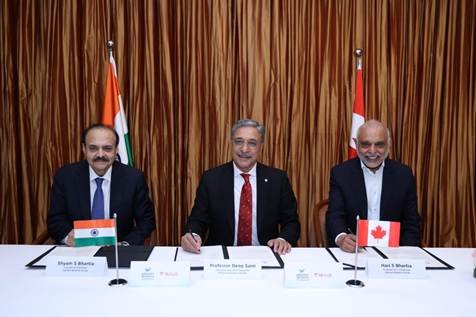

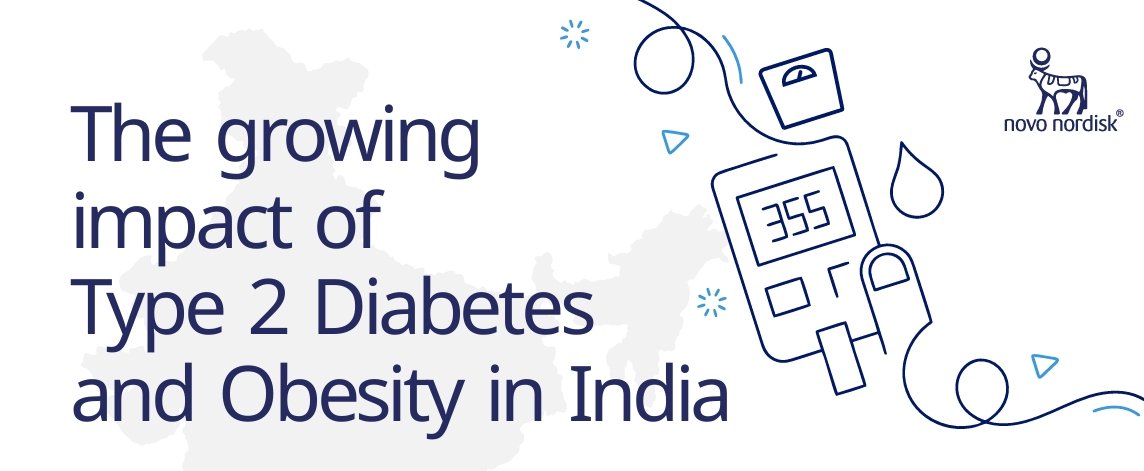

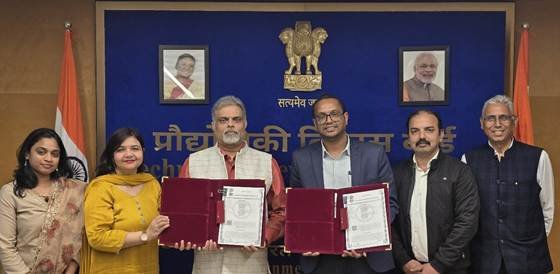
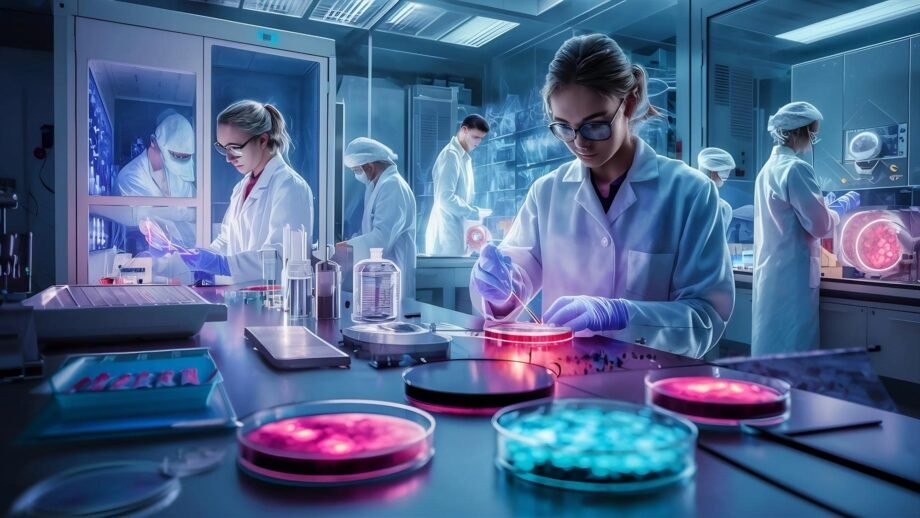
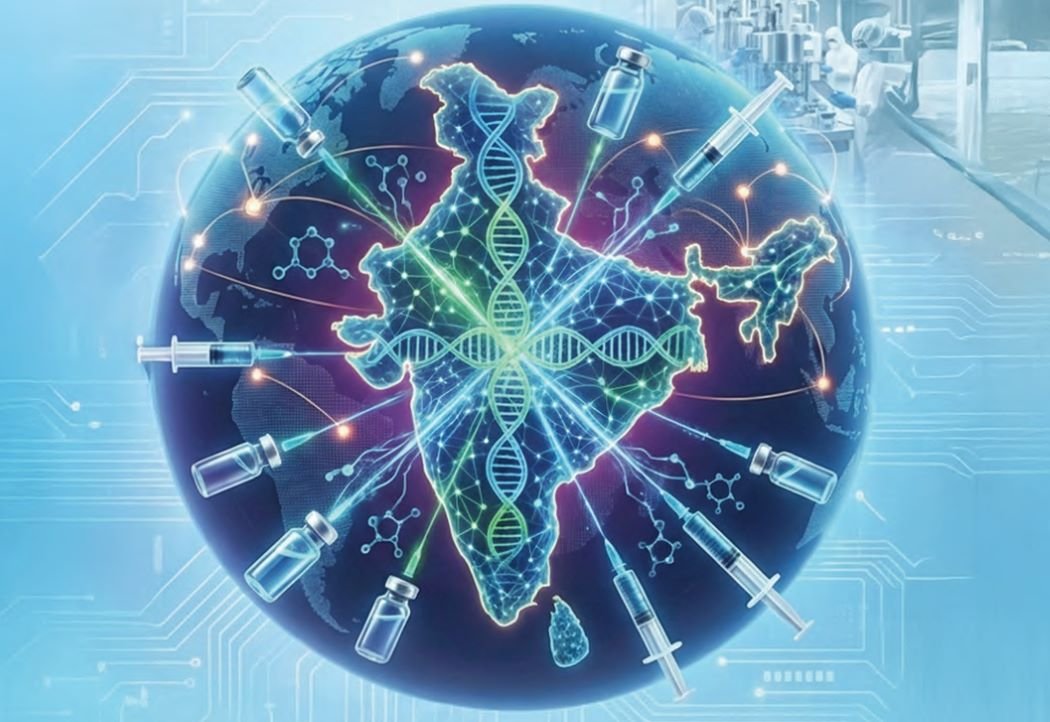






What are the key plans for Jubilant Biosys in 2026? The focus, in 2026, is on scaling the CRDMO platform in l...

India and the European Union (EU) have announced the conclusion of negotiations for a Free Trade Agreement (FT...
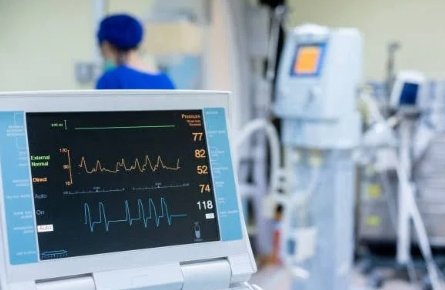
Bengaluru-based startup Pulse has raised $4 million in seed round led by 3one4 Capital, with pa...



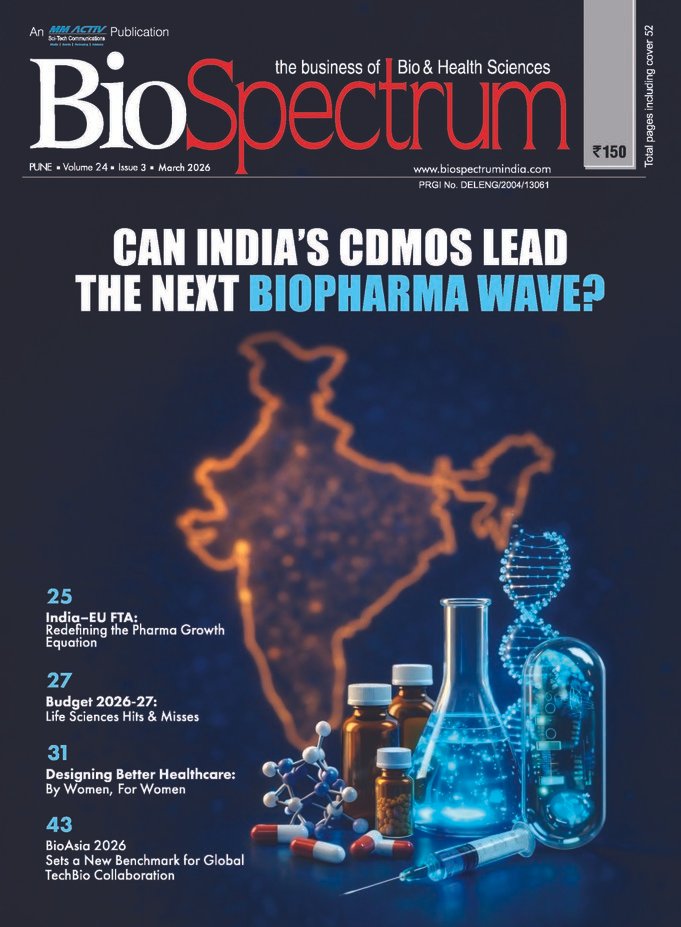
Can India’s CDMOs Lead the Next Biopharma Wave?
India’s Contract, Development, and Manufacturing Organisation (CDMO) sector is projected to grow from $3–3.5 billion today to $22–25 billion by 2035, noted Boston Consulting Group (BCG). While small molecules continue to form the backbone of manufacturing, new opportunities are emerging in biologics, antibody drug conjugates (ADCs), gene therapies, and RNA therapeutics. As India gears up for this next phase of expansion, what challenges stand in the way, and how is the industry preparing to address them? Let’s find out.
For Feedback, please email us at: communications@mmactiv.com
Sign up here to access BioSpectrum India Flip Book.
Sign up here to access BioSpectrum India Flip Book